|
As shared in my previous post, the Niyamas represent our inner spiritual practices, made up of five Niyamas: Saucha, Santosha, Tapas, Svadhyaya, & Ishvara Pranidhana.
♥️Svadhyaya ♥️ (Self-Study) This 👏 Is 👏 Everything. As @deepakchopra says: 'spirituality is self-awareness'. Svadhyaya is how we deepen our self-awareness. We engage in self-study when we slow down: ✨On our mats ✨In counselling ✨In heart-based conversations ✨While in nature, journalling, and meditaiton. The key is that we naturally embody svadhyaya (self-study) when we slow down! Michael’s Fave Self-Study Check-In: ✨How are you feeling in this moment? ✨What are you needing? ✨How can you support yourself in meeting your need(s)? ✨How can others support you in meeting your need(s)? Svadhyaya is the guiding principle of the Trauma-Informed Yoga Psychology School. By deepening our self-awareness, we shift from reacting to noticing and being, moment to moment. Would love to hear your reflections, if you are called to share! ♥️ Dr. Melissa Jay
0 Comments
As shared in my previous post, the Niyamas represent our inner spiritual practices, made up of five Niyamas: Saucha, Santosha, Tapas, Svadhyaya, & Ishvara Pranidhana.
♥️Tapas ♥️ (Burning Desire | Discipline) Tapas often translated as burning fire and considered practice dedicated to burning away impurities in the mind & the body through ritual & discipline. Through discipline, we burn clean. Let's unpack this: We practice tapas by showing up when it's hard. By practicing the eight limbs of yoga when it would be easier to give up & walk away. Satya (truth & deep listening) supports us in showing up authentically and unapologetically! Satya Post. Through discipline and consistency, we stoke our burning fire within us... bringing us deeper into our practice. You may want to spend some time journalling: ✨How do you show up when it is hard? ✨How do you know when it has burned clean? ✨How can you support yourself in creating structure, focus & discipline into your practice. Big Inhale Open your mouth, stick out your tongue Big Exhale #lionspose In the Trauma-Informed Yoga Psychology School we are dedicated to learning how to show up authentically, consistently & discipline. ♥️ Dr. Melissa Jay I give thanks to one of my wise teachers, @susannabarkataki, who has an INCREDIBLE new book: Embrace Yoga's Roots. As shared in my previous post, the Niyamas represent our inner spiritual practices, made up of five Niyamas: Saucha, Santosha, Tapas, Svadhyaya, & Ishvara Pranidhana.
♥️ Santosha ♥️ (Contentment | Joy) Santosha is nurtured consciously through a consistent practice of gratitude for yourself, your relations, and your practice. Gratitude turns what we have into enough. Let’s practice Santosha together: You might bring your hand onto your heart Bring to mind someone, something, or some place that you are FULL of gratitude for. Notice what you notice. Feel what you feel. Contentment Check-In: ✨What does contentment mean to you? ✨What does contentment feel like? ✨How might you embody contentment... try moving your body in the way it best expresses contentment! Fun, right!? Joy Check-In: ✨What does joy mean to you? ✨What does joy feel like? ✨How might you embody joy... perhaps you might try moving your body in the way it best expresses joy! Yessss! Our trainings at the Trauma-Informed Yoga Psychology School support a practice of santosha through time dedicated to heart-based practices & integration! I give thanks to my wise teacher @susannabarkataki who wrote an incredible book: Embrace Yoga's Roots!! Very excited to share that it is amazing & will be one of the required readings in our YTT’s, moving forward! Would love to hear your reflections, if you are called to share! ♥️ Dr. Melissa Jay As shared in my previous post, the Niyamas represent our inner spiritual practices, made up of five Niyamas: Saucha, Santosha, Tapas, Svadhyaya, & Ishvara Pranidhana.
♥️ Saucha ♥️ (Cleanliness) Let's start unpacking this by considering all of the elements in our lives... our thoughts, mental health, physical body, overall health & wellness, awareness, emotional health, spiritual connections, spiritual health, our relationship with ourselves, with each other, our four legged friends, and with the Earth... Saucha | Cleanliness: When we put saucha into practice, we are dedicating ourselves to a practice of cleanliness in our words, thoughts, actions, and behaviours. This might mean creating a clean and pure physical environment and then deepening the practice as we consider ways to be pure of heart and uncluttered in all of the other elements in our lives. Cleanliness Check-In: What elements in your life could benefit from intentionally practicing Saucha? In the Trauma-Informed Yoga Psychology trainings we focus on the process rather than the outcome. By honouring that less-truly-is-more, we allow ourselves time & space to connect with our innate wisdom... intuition. Would love to hear your reflections, if you are called to share! ♥️ Dr. Melissa Jay I give thanks to my wise teacher @susannabarkataki In previous posts, we have explored the five Yamas: Ahimsa, Satya, Asteya, Brahmacharya, & Aparigraha, and we now call our energy and attention inward with the Niyamas.
The Niyamas represent our inner, personal ethical practices that support us in being connected, spiritual, soulful humans. One of my teachers, Susanna Barkataki, shared that the Yamas and Niyamas were integrated between 2000-5000 years ago, in communities, to amplify how to respect ourselves and each other. ♥️ Niyamas ♥️
The Trauma-Informed Yoga Psychology School offers students opportunities to deep dive into these teachings through reflective practices as the foundation of our yoga teacher trainings. It is such a joy to share some reflections with you, here! Please share your questions, thoughts & reflections below! ♥️Dr. Melissa Jay As I have shared in other posts, Yamas are the outer ethical codes and foundations of the eight limbs, made up of five Yamas: Ahimsa, Satya, Asteya, Brahmacharya, & Aparigraha.
♥️ Aparigraha♥️ (Impermanance/ Letting Go) Let's unpack this... Impermanence & Letting Go: The ongoing practice of becoming aware of growth & change while meeting ourselves, just as we are, moment to moment. Meeting ourselves, just as we are, moment to moment. *big inhale* *big exhale* Impermanence Check-In: As we dedicate ourselves to the ethical practice the Yamas lays out for us, we invite ourselves to live with vulnerability, depth & wide open hearts. In that, we learn to acknowledge the ongoing evolution in our lives, relationships, the seasons, interests, and passion projects. When we hold on tightly to what is, the natural evolution of change can feel difficult, create a sense of fear and, of course, deep grief. When we acknowledge the importance of releasing, letting go, and at times having to say goodbye, we can instead meet ourselves with tender loving kindness. We allow our feelings and sensations to emerge without struggle or stifle. How do you already honour the practice Aparigraha? What are your growing edges? Initially, I wrote this post while we were learning alongside incredible humans for the 3rd module of our 300-Hour Trauma-Informed Yoga Psychology YTT! Our journey together is a process which supports the practice of witnessing the nature of ongoing growth and change. We notice it, acknowledge it & honour it. It is a joy to put this into practice with such incredibe souls. Next up, we begin exploring the Niyamas Who's in?! ♥️ Dr. Melissa Jay As I have shared in other posts, Yamas are the outer ethical codes and foundations of the eight limbs, made up of five Yamas: Ahimsa, Satya, Asteya, Brahmacharya, & Aparigraha.
♥️ Brahmacharya ♥️ (Care for Others... Including You) Let's unpack this Yama... Bring to mind someone who you care for deeply. You might place your hand on your heart as you connect with them, in your mind's eye. Recall a time when the two of your were together (whether in-person or over the phone). How do you feel when you are together? What emotions arise? Sensations? Energy? Now bring your attention onto yourself. You may want to keep you hand on your heart How do you care for your heart? You mind? Your body? Your spirit? What's your energy like, right now, as you care for yourself? You might want to journal about this. What can you do, starting today, to practice Brahmacharya? It is essential that we care for ourselves because when our cups are full, we are best to care for others. From a trauma-informed lens, our yoga teacher trainings are dedicated to cultivating a meaningful practice of self-love. By learning to fill ourselves with self-compassion we then ripple the compassion onto those who trust us in their journeys. I invite you to share this blog post with someone you care for deeply and let them know you've been thinking of them :) ♥️ Dr. Melissa Jay I give thanks to my wise teacher Susanna Barkataki ✨ As I have shared in previous posts, the Yamas are the outer ethical codes and foundations of the eight limbs, made up of five Yamas: Ahimsa, Satya, Asteya, Brahmacharya, & Aparigraha.
♥️ Asteya ♥️ (Non-Stealing / Generosity) Let's unpack these... Non-Stealing: Not only physical possessions We're talking time, energy, care, and attention! Consider how easy it is to steal these intagible items from others! Non-Stealing Check-In: Are you quick to pour your heart out to a loved one without first checking-in to see if they have time OR energy to hold space for you? Do you expect an instant response when you text or email? Are you nurturing reciprocity in your relationships? Generosity: Not only physical posessions or money Generoisty has everything to do with time, energy, care, and attention! Consider what it means to have a generous heart. Generosity Check-In: When have you received generosity from someone? How have you been generous with your heart and energy? Now, perhaps most importantly, consider how you practice asteya with yourself! As with all growth, our practice starts and ends within. What can you do, starting today, to deepen your practice of Asteya? In our Trauma-Informed Yoga Psychology YTT's we are all part of the studentship and it is essential that we work together to be generous with our time, attention, and energy. It is a joy to put this into practice with such incredibe souls. We would love to hear your reflections, if you are called to share! ♥️ Dr. Melissa Jay As I have shared in other posts, Yamas are the outer ethical codes and foundations of the eight limbs, made up of five Yamas: Ahimsa, Satya, Asteya, Brahmacharya, & Aparigraha.
♥️ Satya ♥️ (Truth / Deep Listening) As we practice satya... ✨we open ourselves up to holding space for others to share their truth, with us, through deep listening. ✨we honour truth. ✨we are open ourselves up to growing, learning &, most importantly, unlearning. May we all come as we are and meet ourselves exactly as we are, in this moment: mind-body-spirit-heart. In our Trauma-Informed Yoga Psychology School, we cultivate a safer space, meant to support us in the practice of satya. As we sit with one another, in Satya, we learn from each other. We deepen our inner knowing and recognize we are more similar than different. Who can you practice satya with? For me, I practice deep listening in my work as a psychologist and yoga teacher. I practice sharing my truth with my partner, my closest friends, and counselling. Would love to hear your thoughts & reflections below! ♥️ Dr. Melissa Jay YAMAS Study Continued
As noted in the last blog post, the Yamas are the outer ethical codes and foundations of the eight limbs, made up of five yamas: Ahimsa, Satya, Asteya, Brahmacharya, & Aparigraha. ♥️ Ahimsa ♥️ (Kindness / Non-harming) As part of our Canmore Counselling community on Instagram or Facebook, you have likely noticed a theme of ahimsa in our posts. We are dedicated to supporting everyone, including ourselves, in practicing kindness. Our Trauma-Informed Yoga Psychology trainings invite students to deep dive in exploring how non-harming is social justice & an act of love. When we practice kindness, we honour the importance of non-harming: ✨Practicing non-harming is subtle. It is nuanced. ✨Non-harming often goes unnoticed or unacknowledged. ✨Non-harming begins by practicing kindness and gentle self-love towards ourselves. ✨Non-harming then ripples out to others. We can practice ahimsa in all that we do... ✨in choosing the road less travelled ✨in our willingness to walk alongside someone who is hurting ✨in our willness to practice open-mindedness ✨the decision to lean into kindness... especially when defensiveness or frustration might feel like the easy choice! How do you already practice ahimsa? How might you deepen your practice of ahimsa? Please share your thoughts & reflections below! ♥️ Dr. Melissa Jay |
Dr. Melissa JayWelcome! Archives
June 2022
Categories |
NEW Location:109-705 10th Street Canmore, AB T1W2A3
We're next to Communitea & Vermelho, on the corner of 10th St. and 6th Ave. |
|
Dr. Melissa Jay is an Indigenous, Nehiyaw-Métis member of the Métis Nation of Alberta. Canmore Counselling is located Chuwapchipchiyân Kudi Bi (translated from Îyârhe Nakoda as “shooting at the willows”), colonially known as Canmore. We are located the beautiful Rocky Mountains which is considered Treaty 7 land, the traditional territory of the Îyârhe Nakoda, including the Bearspaw, Chiniki, and Wesley First Nations, as well as the Tsuut’ina First Nation, and the Blackfoot Confederacy, including the Siksika, Piikani, and Kainai First Nations, and home of Métis Nation of Alberta, Region III. As an act of reconciliation and decolonization, may we work together to answer the TRC's Calls to Action: Truth & Reconciliation Commission Reports and Findings.
At Canmore Counselling we are also priveleged to be yoga students, practitoners, and guides. Our offerings are dedicated to honouring the root of yoga and learning from and amplifying the voices of South Asian practitioners and teachers whenever possible. We are grateful for the eight limbs of yoga, as taught by Patanjali. It is a joy to walk alongside our incredible alumni of the Trauma-Informed Yoga Psychology School as they create opportunities for care, connection & curiosity within their communities.
At Canmore Counselling we are also priveleged to be yoga students, practitoners, and guides. Our offerings are dedicated to honouring the root of yoga and learning from and amplifying the voices of South Asian practitioners and teachers whenever possible. We are grateful for the eight limbs of yoga, as taught by Patanjali. It is a joy to walk alongside our incredible alumni of the Trauma-Informed Yoga Psychology School as they create opportunities for care, connection & curiosity within their communities.

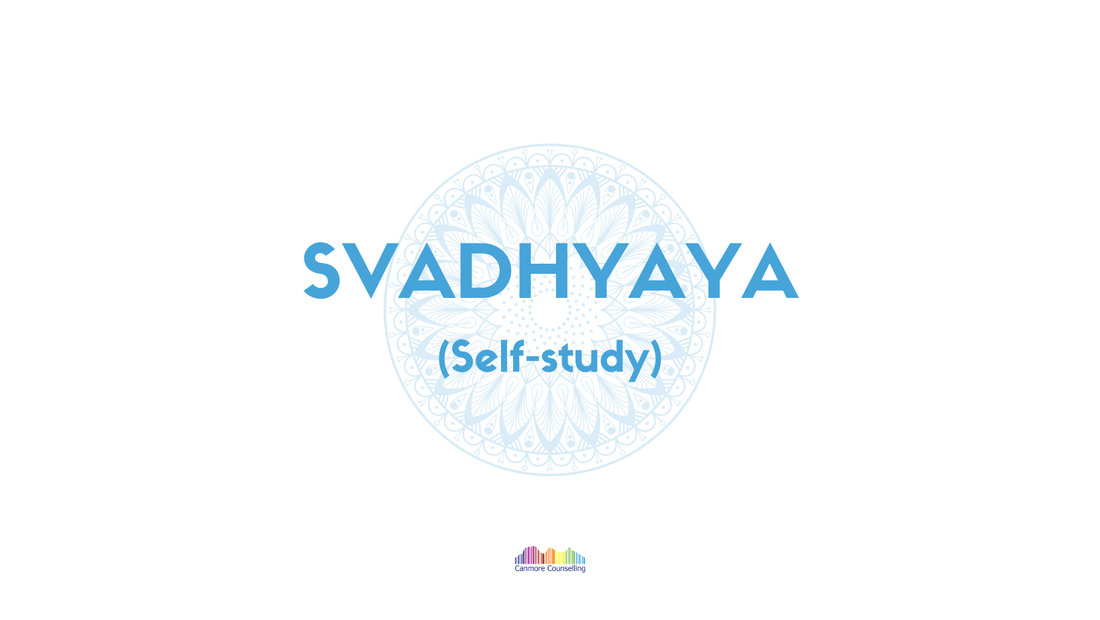
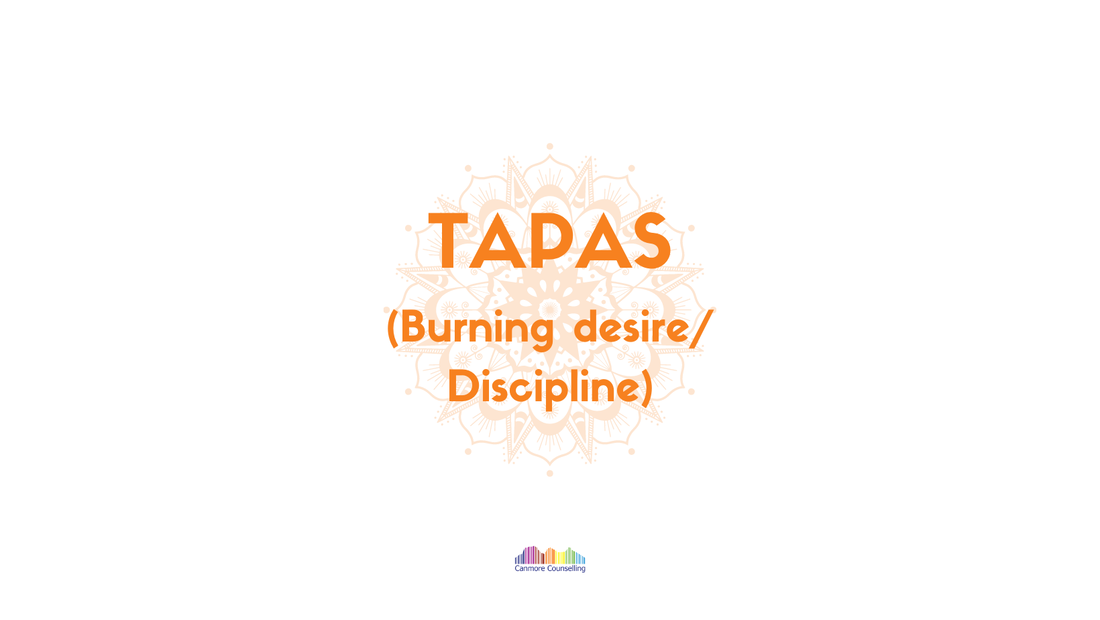
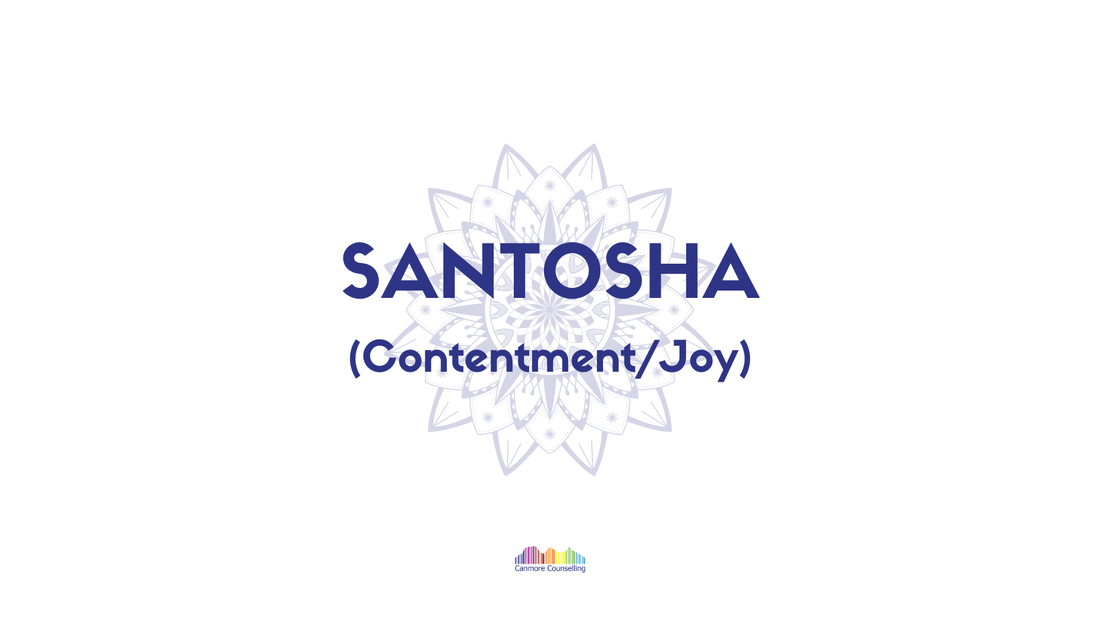
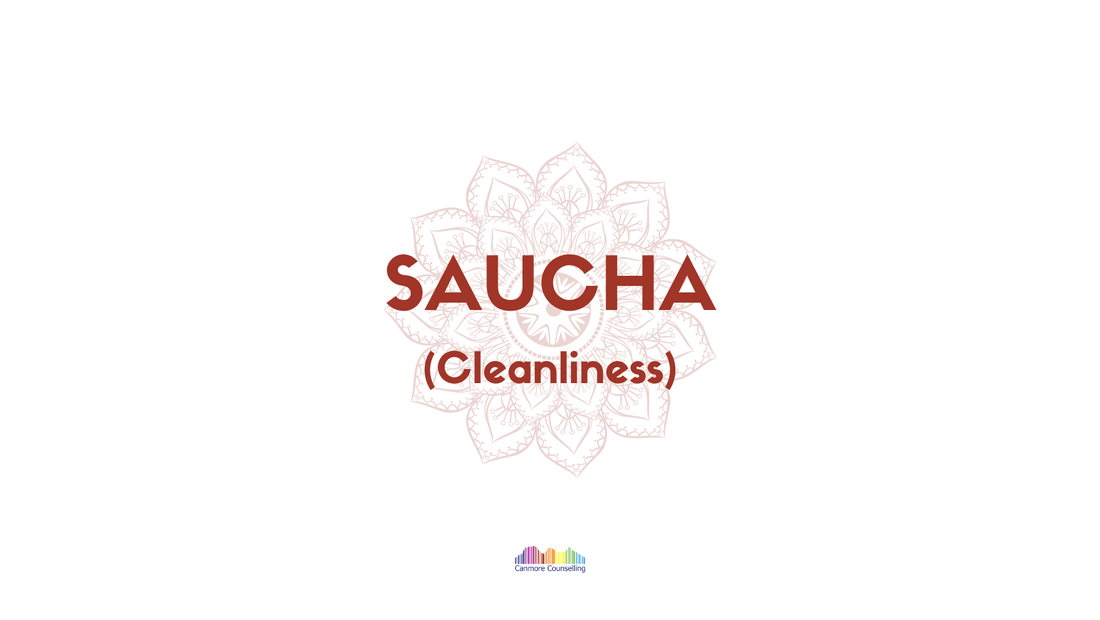
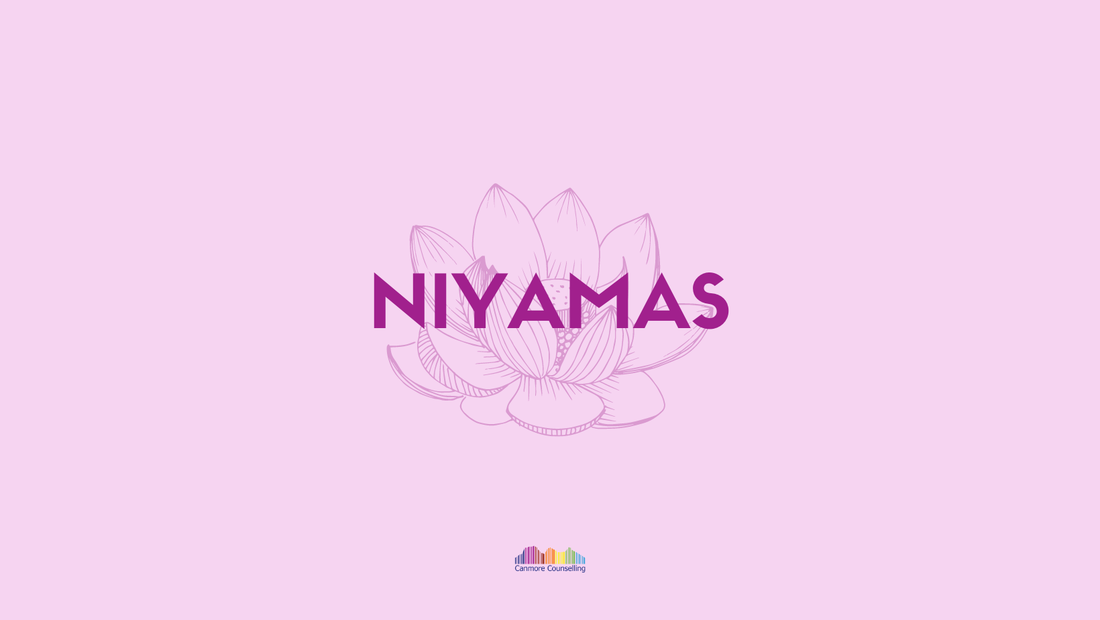
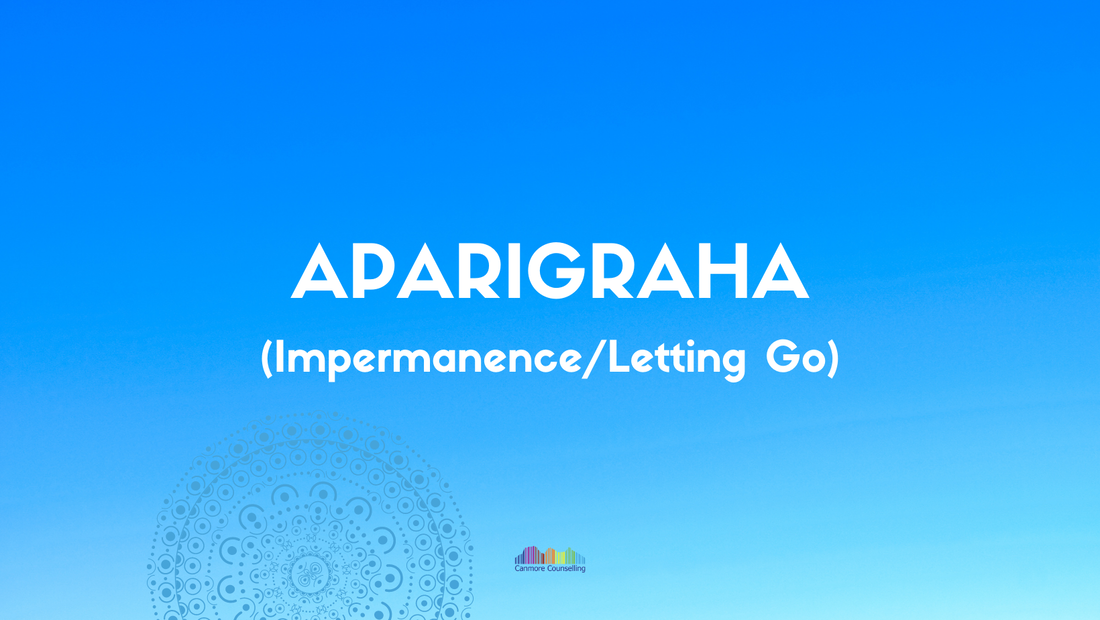
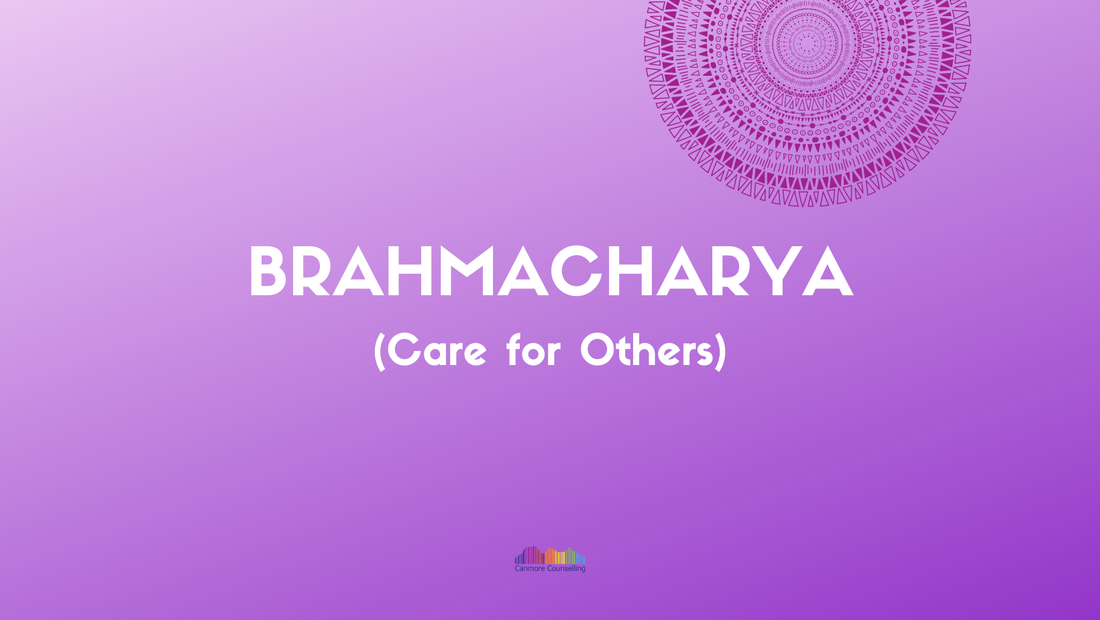



 RSS Feed
RSS Feed


